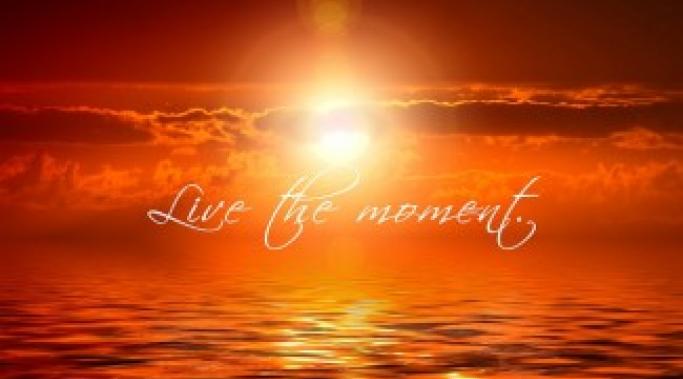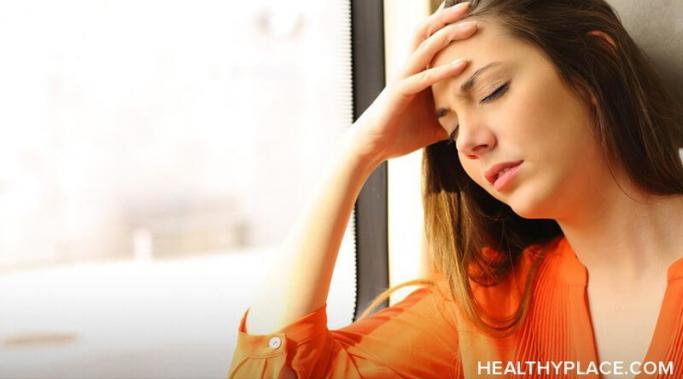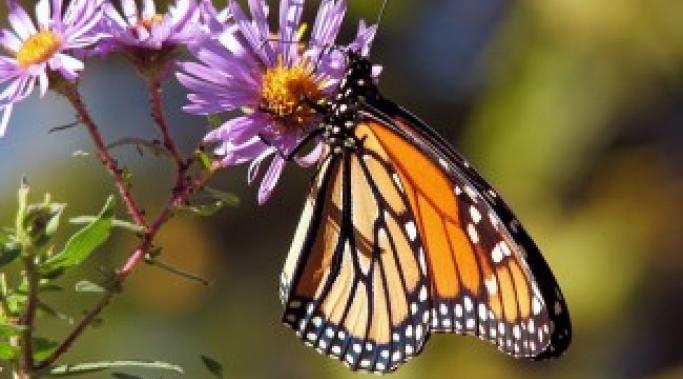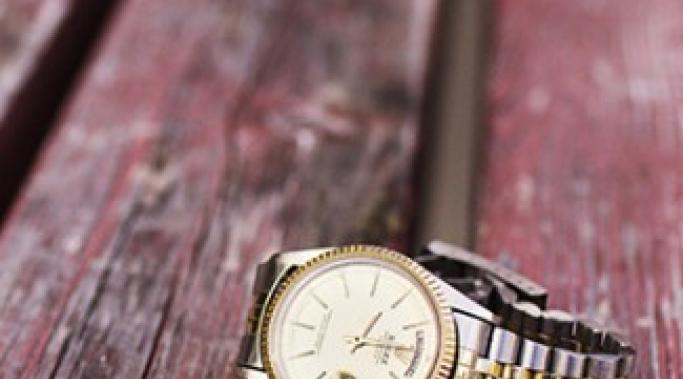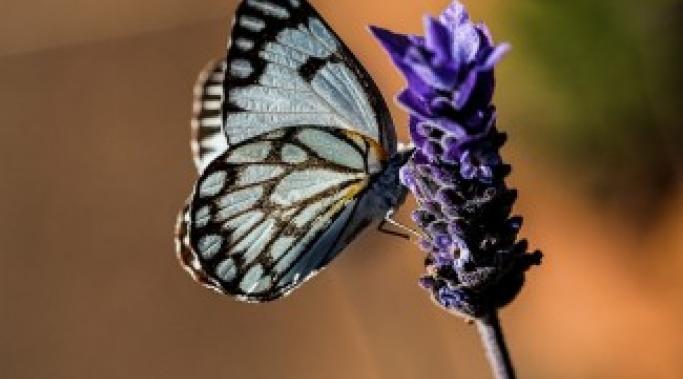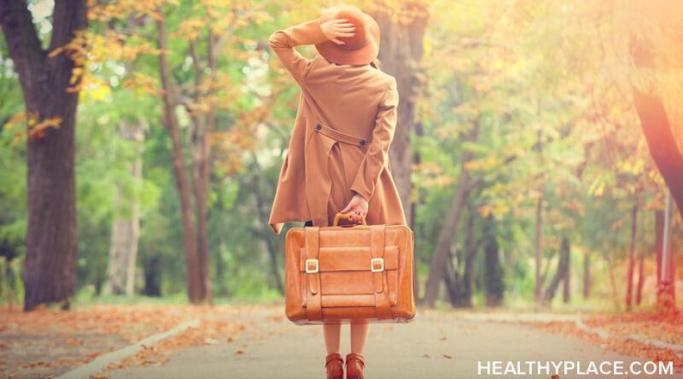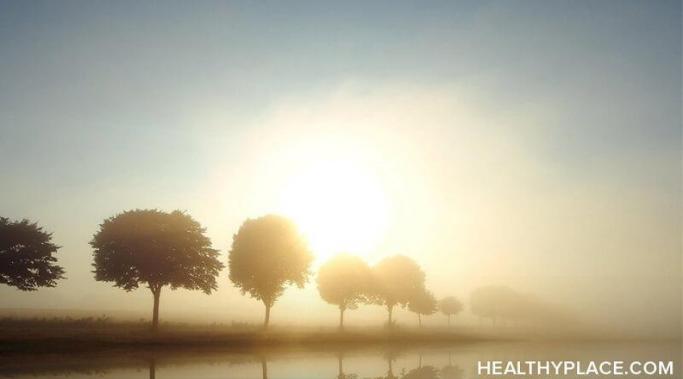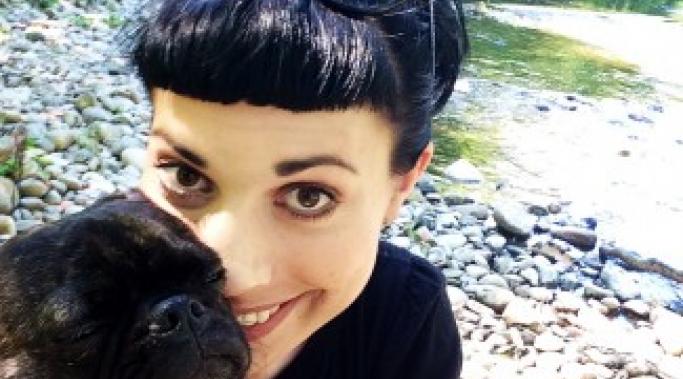As I continue to recover from a recent depressive episode, I’ve noticed that I’m better able to deal with my inner critic, as well as be more in the present moment. For example, recently, I found myself unsure how to proceed with a project at work. If I had been feeling more depressed, my inner critic would have taken this as an opportunity to try to push me down further. I was able to fight this by being in the present moment.
Coping with Depression
Lately I've been caught in a trap of worrying about everything I need to do, instead of simply doing the things I need to do. This causes a big increase in my depression symptoms.
I look around my apartment and the whole place is a giant mess. Dirty dishes lie everywhere, pretty much every piece of clothing I own needs to be washed, and instead of dust bunnies lying on my floor I have what my mom calls "dust wolves."
Instead of just gathering up my dirty dishes, I lie down on my couch. I start thinking in negative spirals, about how I mess up everything in my life. I think about all the times I've failed at things, and my self-doubt starts building. I can't even keep a one bedroom apartment clean! How am I ever going to have a house one day?
With the change of seasons to fall, I recently found myself in the grip of depression, yet again. First I noticed that my concentration seemed dulled and my motivation slowed. I started sleeping more and found it harder and harder to get out of bed. Soon, my lethargic body felt heavy and clumsy; my energy level plummeted. I felt empty, shut off from life around me. Daily functioning felt like swimming against the tide.
Being broke and having depression go hand-in-hand. I'm really sick of it. Even if money can't buy happiness, it can buy basic necessities like food and shelter. It's pretty hard to be happy without those things. I need more money, but my symptoms of depression make finding a job really difficult.
While the average person in their twenties focuses on building a resume, I've been focused on surviving my depression. Instead of attending post-secondary school, I've been in depression treatment, learning about my own experiences and how to cope in everyday life. Living with depression is a full time job.
I recently finished reading How To Be Sick: A Buddhist-Inspired Guide For The Chronically Ill And Their Caregivers. The book was written by Toni Bernhard, a once very active attorney and law professor, who in the midst of a full life, was randomly struck down by a mysterious, debilitating illness that keeps her primarily contained to her home. For any of us dealing with the uncertainties of depression as well as the uncertainties of life in general, Bernhard’s insights are a welcome respite.
National Suicide Prevention Week stirs up a lot of emotion in me. I rarely involve myself in suicide awareness activities, most of which occur annually this week in early September. Depression is something I am eager to talk about with anyone but I'm not ready to share my suicide stories or hear others' suicide stories in a public venue yet.
We’re used to the negative side of depression but could there be a positive side to the beast? I thought of this recently in terms of depressive symptoms sometimes being a signal – a sign to look more closely at certain things in my life.
My depression is really making me struggle with the daily task of living right now. I can't keep going the way I have in the past few years. I hate my life; I'm completely broke and in debt and I feel like all of my relationships are crumbling. Sometimes I sit back and look at my life and think, "Is this really it for me? Is depression going to define and imprison me for the rest of my life?"
I know it's pretty common for someone in the late twenties to question where their life is going, but I feel like I have extra questions than the average person who say, isn't diagnosed with depression.
Recently I found myself feeling depressed. As is usually the case, there were different triggers involved. Some were hormonal as I was pre-menstrual. Others were personal as my parents are in the process of splitting up and it’s been an emotional time for all involved. Like so many, I was also surprised and hit hard by the suicide of Robin Williams. Add in my wonky brain chemistry, and I was off to the depression races.
My head is a labyrinth. I'm always judging myself, thinking about my past or worrying about the future. I feel trapped in my head -- a classic sign of depression.
